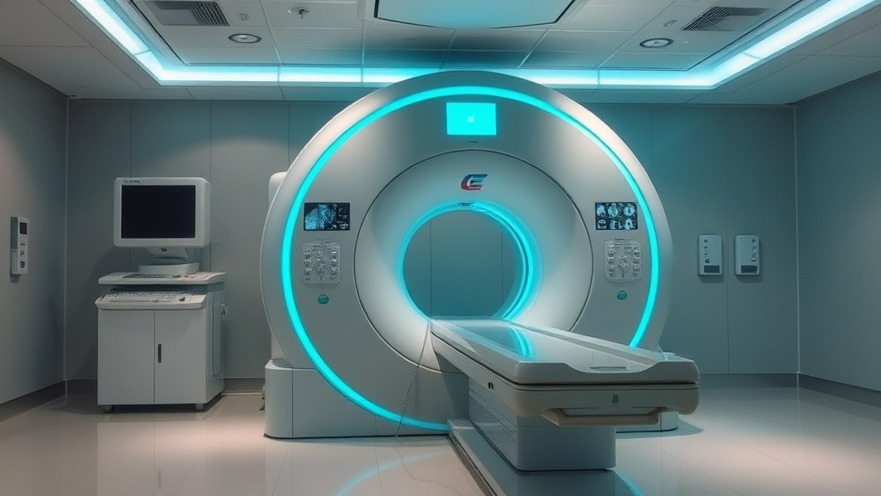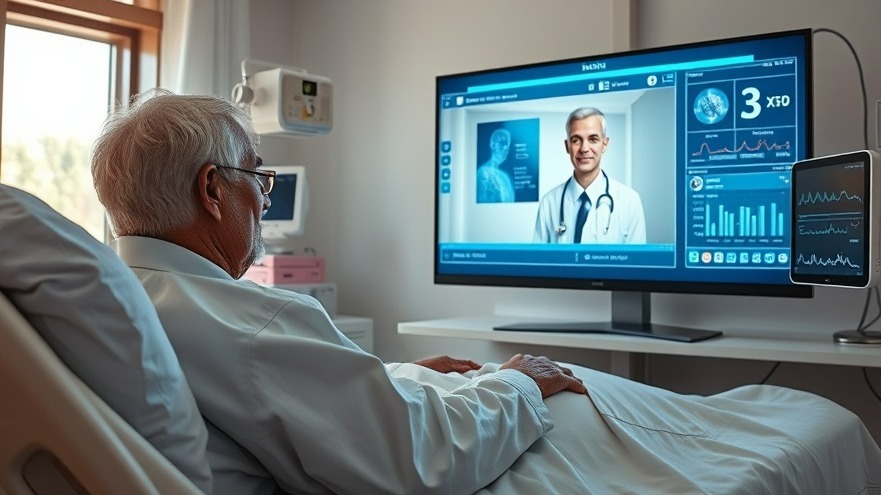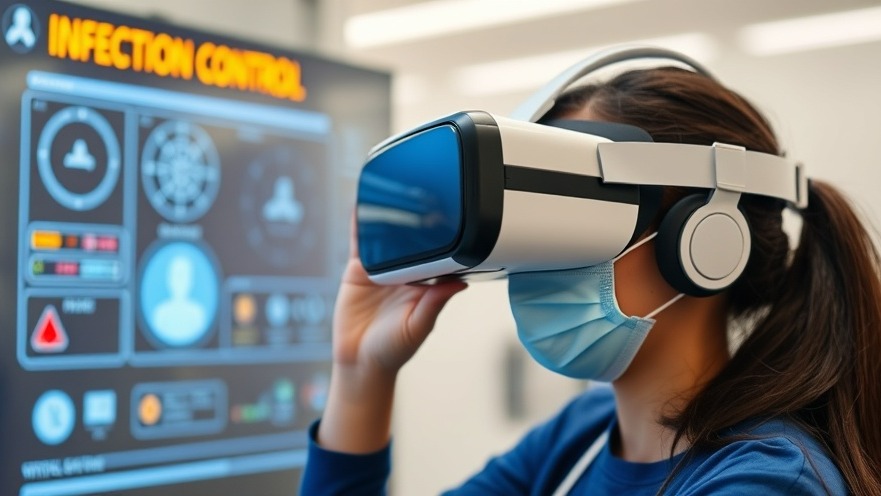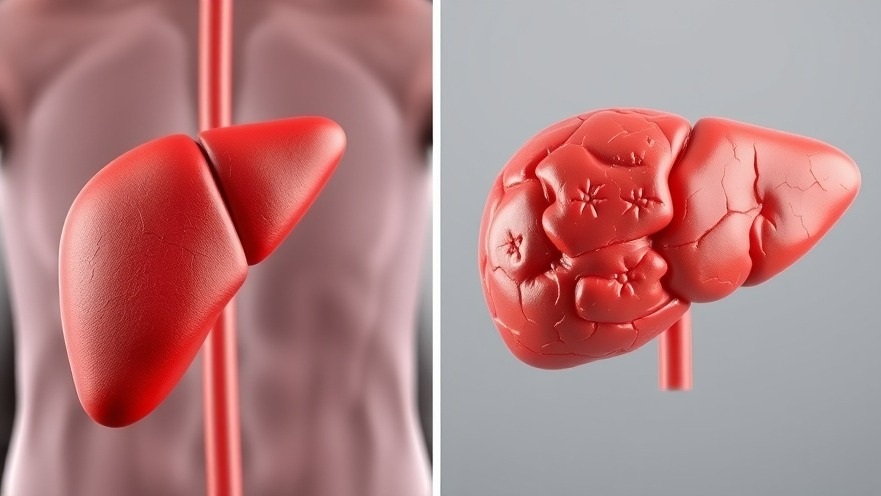
Revolutionizing MRI Access with Portable Technology
In today's fast-paced healthcare landscape, accessibility plays a crucial role in effective diagnosis and treatment. The recent development from Chipiron, a pioneering startup from France, is set to transform the MRI landscape.
Funding and Mission
Chipiron has successfully raised $17 million in a Series A funding round, spearheaded by Blast and with vital support from the EIC Fund, iXcore, and public initiatives like France2030. This investment underlines a collective vision to enhance MRI accessibility on a global scale, enabling accurate imaging where it is most needed.
Confronting MRI Accessibility Challenges
Despite being the gold standard in medical imaging, MRI technology is often confounded by accessibility issues. Traditional devices are bulky, costly, and require substantial hospital infrastructure, restricting their use predominantly to major healthcare centers. This gap has significant implications—from delayed diagnostics to unequal patient care.
The global MRI market's potential, currently expressed at around $10 billion, holds further promise. Experts believe this figure could double if affordable, portable MRI technology becomes the norm rather than the exception.
Chipiron's Innovative Approach
With a mission to democratize medical imaging, CEO Evan Kervella and CSO Dimitri Labat founded Chipiron in 2020. Their vision involves developing an ultra-low-field MRI that is just as dependable as existing machines but significantly more compact and affordable—reportedly up to ten times less expensive. This innovation could dramatically expand access, enabling MRI scans in local care clinics, mobile units, and facilities that have traditionally lacked this technology.
Supporting Diverse Patient Needs
One of the standout features of the new MRI machine is its ability to accommodate patients who might otherwise be excluded—for example, those with pacemakers, claustrophobia, obesity, or anxiety. Furthermore, its portable nature allows for usage in environments that cater to children, simplifying a usually intimidating process.
Future Prospects and Expansion Plans
As they look toward the future, Chipiron is on track to produce its first clinical prototypes by the end of 2025, with investigational trials slated for 2026. Ambitious goals include obtaining FDA and CE regulatory authorizations and deploying around 100 commercial devices. The U.S. market presents a particular focus, given its robust healthcare system's propensity for adopting innovations that improve patient outcomes.
Keys to Technology Adoption
For concierge health practitioners navigating this evolving landscape, understanding the implications and applications of innovative healthcare technologies is essential. By embracing advancements like Chipiron’s portable MRI, practices can enhance their service offerings, catering to a wider range of patients and ultimately fostering a more inclusive approach to healthcare.
Actionable Steps for Adoption in Your Practice
Embracing new technology can feel overwhelming for healthcare providers. Here’s how to ease the transition:
Research: Delve into the functionalities and benefits of emerging medical technologies.
Training: Engage in training sessions or webinars to familiarize yourself with new systems.
Networking: Connect with other practitioners using innovative imaging solutions to share experiences and insights.
Conclusion
The advent of Chipiron's portable MRI scanner can potentially reshape patient care paradigms. For practitioners aiming to maintain relevance and improve their community standing, adopting and understanding such technologies is paramount. Now is the time to consider how innovations like this can enhance your practice’s offerings and improve patient experience.
As you explore the benefits of portable MRI technology, think about integrating it into your practice’s future planning. Embracing such advancements may not only offer new services but could also position your practice at the forefront of technological transformation in healthcare.
 Add Row
Add Row  Add
Add 














Write A Comment